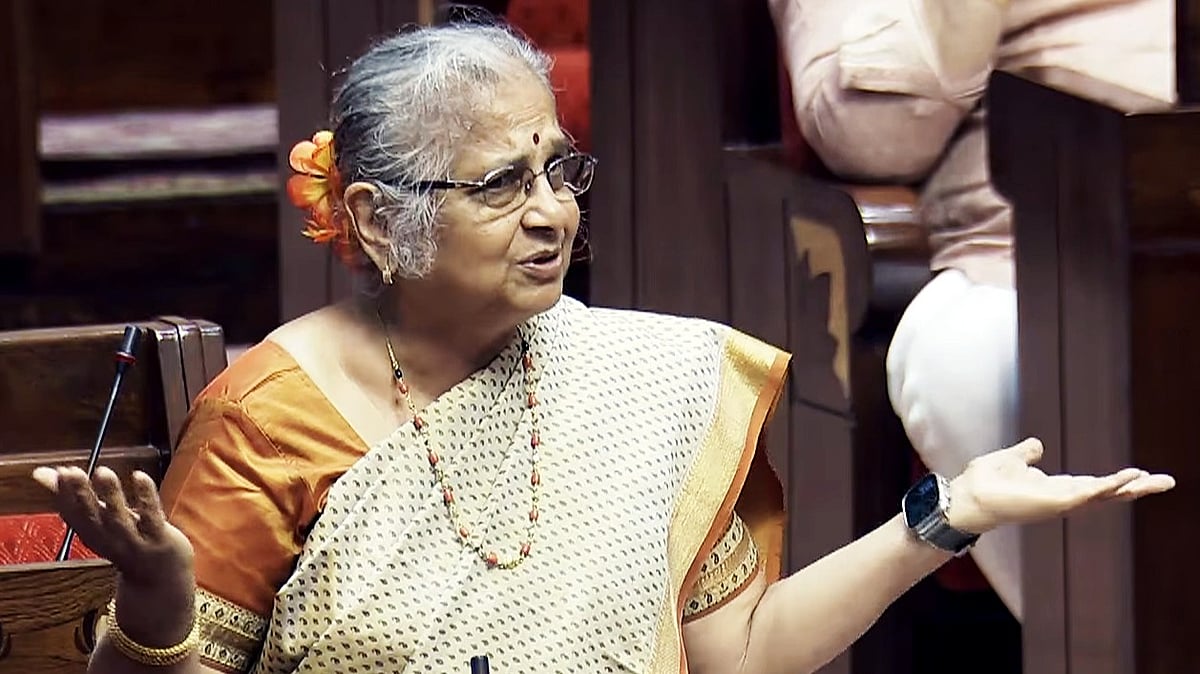International students in Canada planning to stay and work after graduation face a recent policy change by Immigration, Refugees and Citizenship Canada (IRCC). Announced in January 2024, the new rule affects graduates of programs delivered through a public-private curriculum licensing arrangement. These students will no longer be eligible for a Post-Graduation Work Permit (PGWP) after May 15, 2024.
Earlier, the implementation date was set for September 1, 2024, offering more time to students who are already enrolled. The earlier date, however, tightens the timeframe for those considering such programs.
Student Reactions: A Mix of Concern and Adaptation
The Free Press Journal spoke with several international students in Canada to get their reactions to the policy shift. Rutvik Pujara, a student at Sheridan College in Ontario, expressed awareness of the change but remains unaffected as his chosen program falls outside the affected category. He said, “So, I am doing another course at Humber College. That's why I am not worried about the changes that IRCC introduced. Because Humber College is included in the list of designated learning institutions. One of the reasons for taking admission to Humber College is it is more reputed than other colleges and it has better faculty than other colleges. My plan remains the same, completing the current course then completing the course from Humber and applying for a work permit.”
Mohammad Nishat, pursuing a postgraduate diploma at York University, mentioned a common concern. While his program is unaffected, he worries about future policy changes impacting his settlement options. He said, “Although I study at a public university, the way the Canadian government is taking decisions rapidly. I have started worrying about my work permit and settlement options. Although the recent decision won’t impact me, I am concerned about the upcoming announcements.”
Sharing the same sentiments Chetna, a Diploma student in Market Management at Fleming College, has begun exploring alternative work permit possibilities like LMIAs. She said, “Alternative possibilities, such as work permits based on LMIAs, have been seriously explored by me. Even though the PGWP is no longer accepting graduates, these options are still open to them as a backup plan.”

Exploring Alternatives and Seeking Guidance
The student replies suggest various approaches for handling the new policy. Rutvik remains confident in his chosen path, while Nishat expresses a need to explore alternatives like LMIA-based work permits. Chetna even took help by contacting her International Student Office for guidance and adapting to the changing immigration policies.
“In order to better comprehend the PGWP changes and investigate my alternatives, I have contacted my International Student Office, yes. Their insights have been invaluable in understanding and adapting to the ever-changing immigration system,” Chetna added.
What it means for students and what are the alternative options?
The change specifically focuses on students who have completed programs that are designed by private organisations but are taught in public institutions. This approach is becoming increasingly common, and students enrolled in these programs will not qualify for the PGWP, which is an important route for gaining work experience and potentially becoming a permanent resident in Canada.
While the news may seem discouraging, IRCC emphasises that this change doesn't completely bar affected graduates from working in Canada. Alternative work permit options still exist, such as those based on Labour Market Impact Assessments (LMIAs). Employers can apply for LMIAs to showcase a genuine need for a foreign worker with specific skills, paving the way for a work permit for the graduate.







